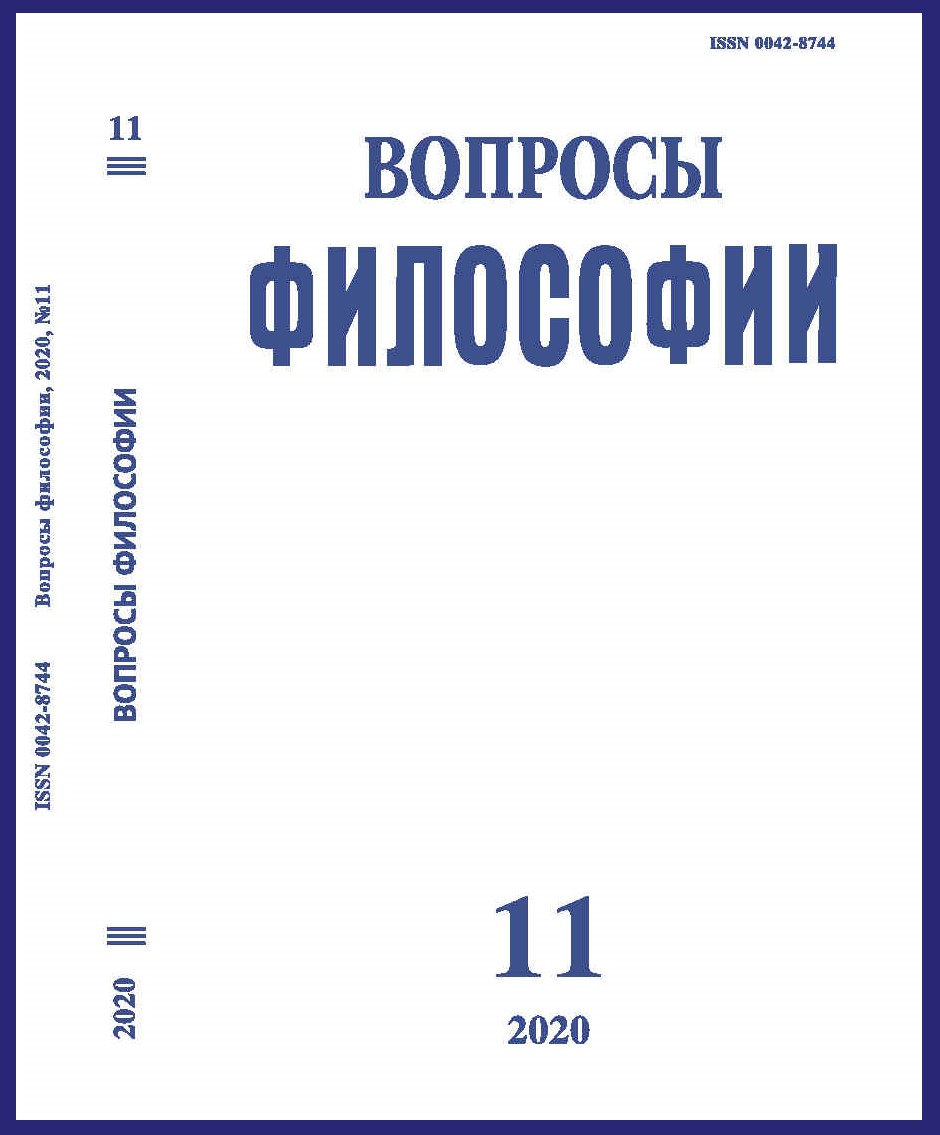Unholy Simplicity:Virtue Epistemologyand the Three Strategies of Scientific Denialism
DOI:
https://doi.org/10.21146/0042-8744-2020-11-109-119Keywords:
denialism, virtue epistemology, willful ignorance, akrasia, epistemic vices, Bakhtin, skepticismAbstract
We discuss the epistemological status of denialism understood in the narrow sense as an unreasonable denial of scientific consensus. We consider denialism in the context of virtue epistemology as a certain combination of agent’s intellectual qualities. Denialism is based on rejection of the scientific integrity, selective attitude to facts and evidences as well as on the disregard of other agents. Denialism can be directed either against the entire scope of scientific knowledge on a specific problem (“general denialism”) or against its certain pieces (“specific denialism”). Along with these two types, we distinguish “local denialism”, where in the absence of strict denial of scientific knowledge an unreasonable ban on its application in specific conditions can be imposed. As an example of “local denialism” we consider the discussion on the implementation of opioid substitution therapy in Russia. Based on the analysis of the skeptical arguments, we identify the epistemic tools that “local deniers” use to legitimize their position. We believe that all types of denialism are characterized by misunderstanding of the virtues of skepticism and autonomy. This misunderstanding rises from the paradoxical combination of epistemic vices of rigidity and intellectual compliance.

